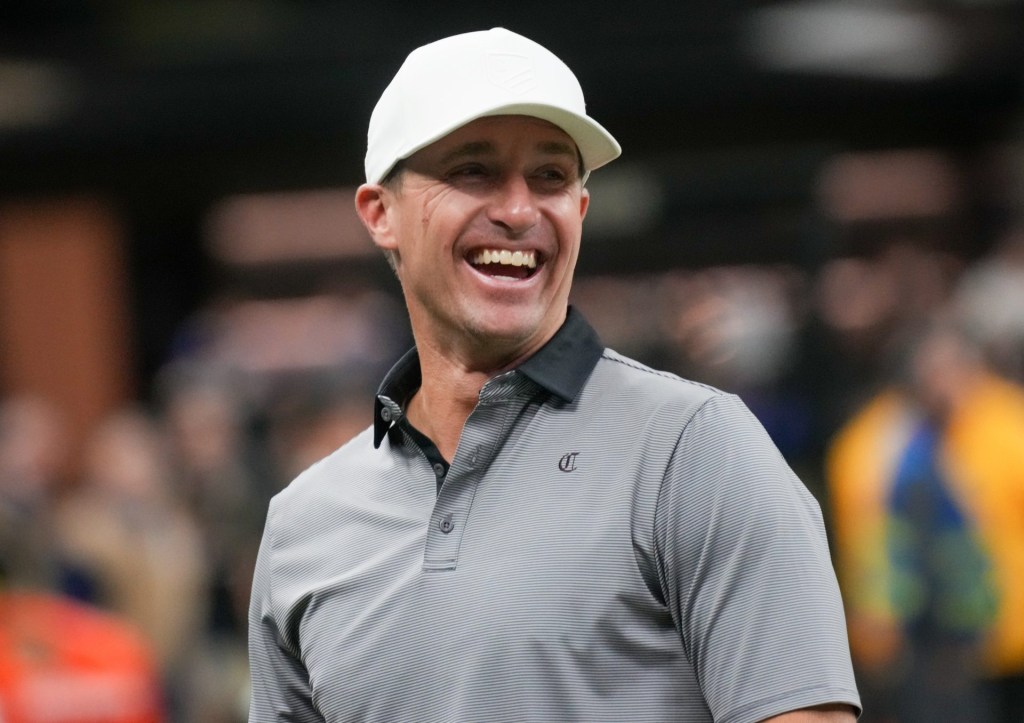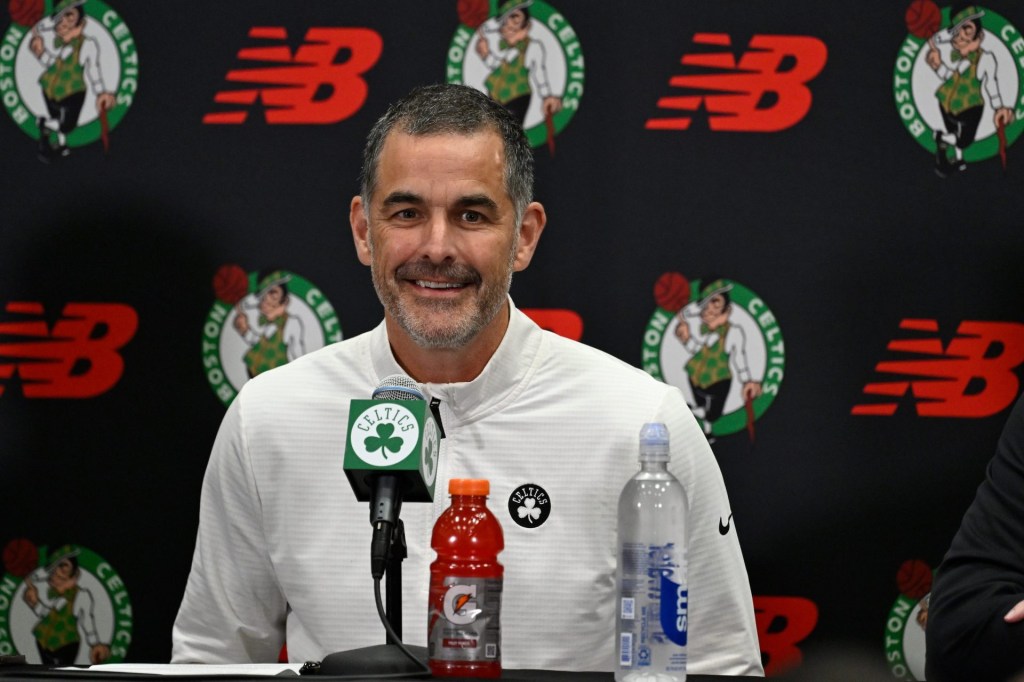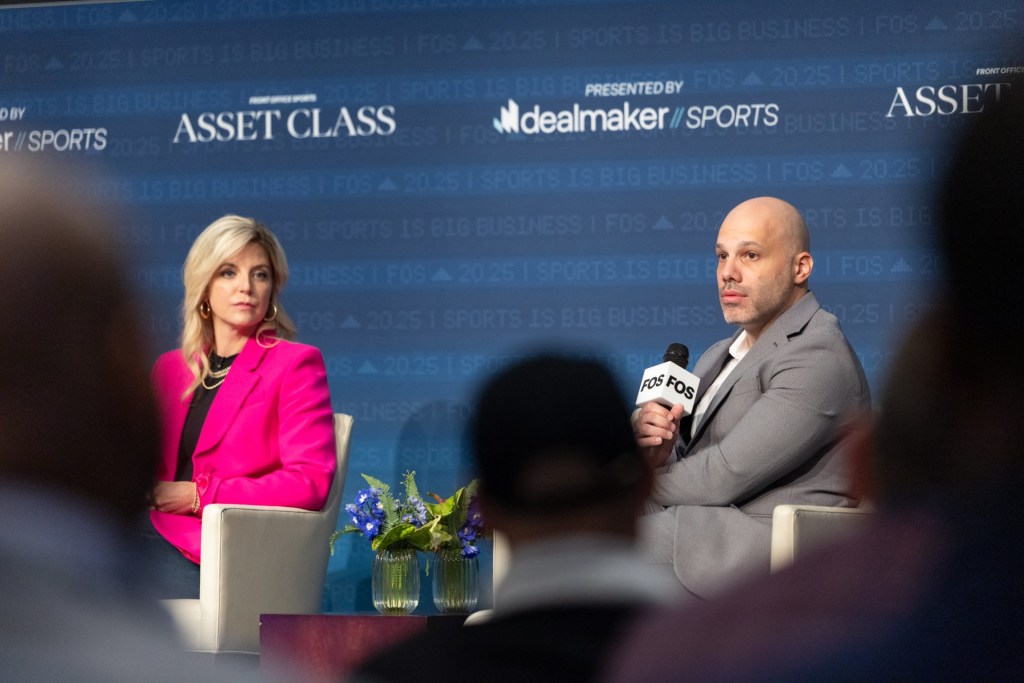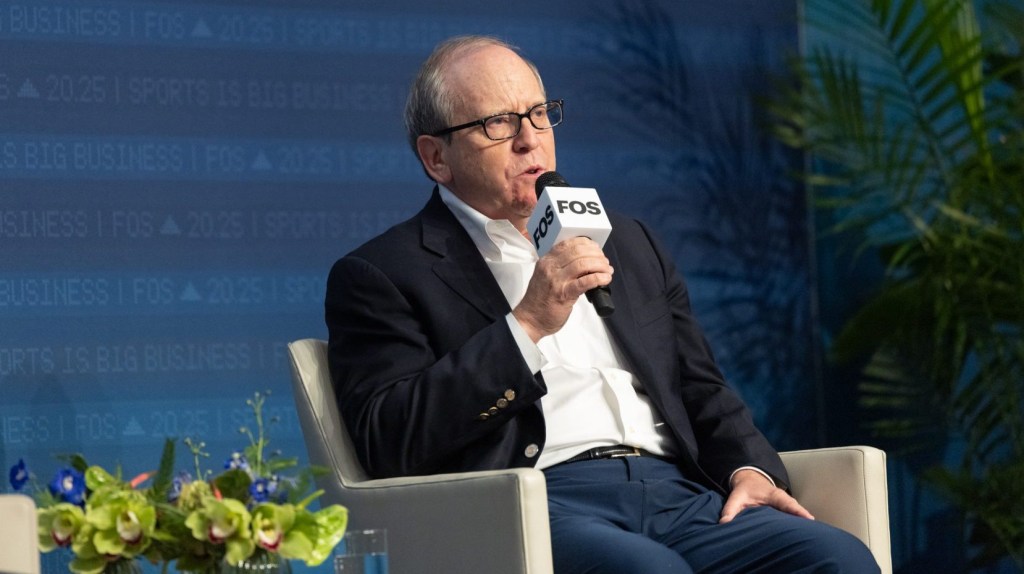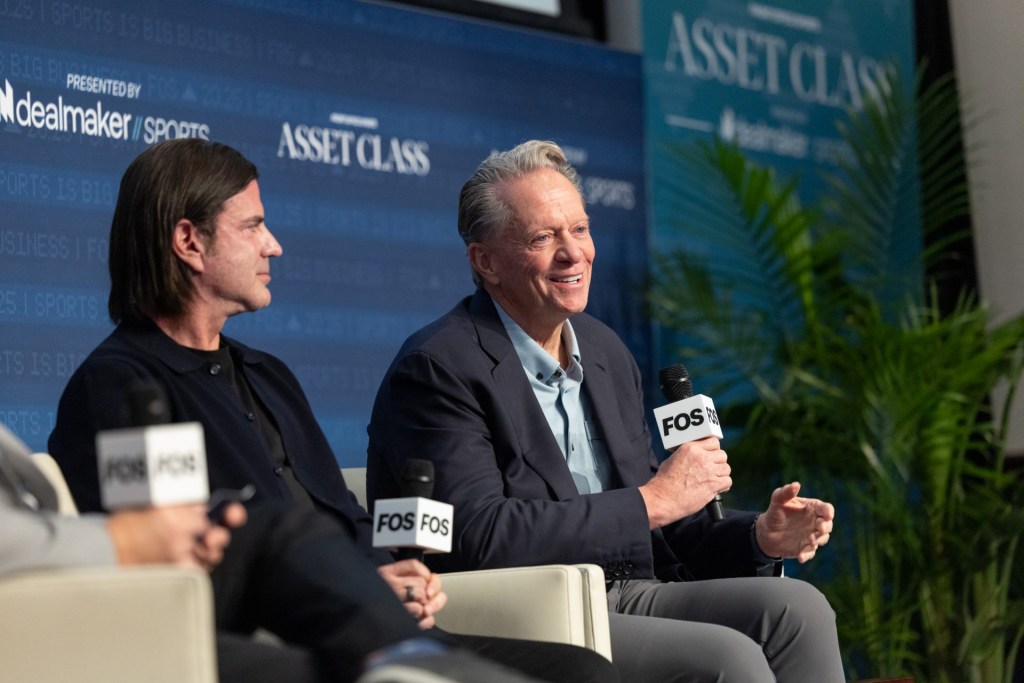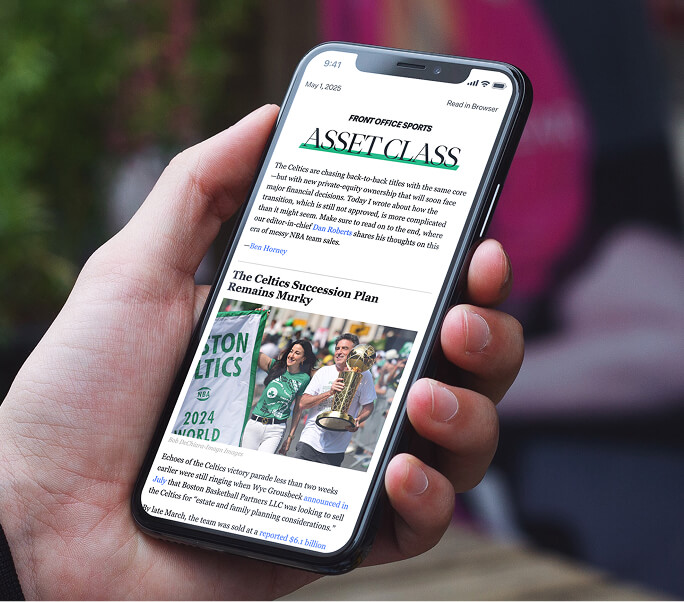Private equity and college sports are no longer standing on opposite sides of the room waiting for someone to make the first move. The dance has officially begun.
A new $500 million initiative from sports business consultancy Elevate brings institutional capital directly into college sports. Separately, Boise State is “actively considering” bringing private-equity investment into the Broncos’ athletic department and expects to have a deal in place within the next six months, the school’s athletic director told Front Office Sports.
These developments come just days after the landmark House v. NCAA settlement was granted final approval, paving the way for college athletes to be paid directly by schools, and heightening the need for capital for the ones who have opted in to the agreement’s $20 million salary cap.
Pre-House, PE and college athletic departments were circling each other but staying arm’s length away. Sidley Austin’s Chuck Baker recently told FOS that despite mutual interest, colleges were hesitant to be “trailblazers” with regard to taking private-equity investment.
The House settlement, though, has given PE and schools the certainty they needed to finally dive in headfirst, according to Brian Anderson, who co-leads the sports practice at law firm Sheppard Mullin.
“The House settlement helps make college athletics a little more predictable, a little more certain,” Anderson tells FOS. “This will be a catalyst for more deal activity.”
Elevate—formed in 2018 by executives of major sports entities like the San Francisco 49ers and Harris Blitzer Sports & Entertainment, which owns the Philadelphia 76ers, Washington Commanders, New Jersey Devils, and more—is one of the first movers. The $500 million it has at its disposal was committed by PE firm Velocity Capital Management and the Texas Permanent School Fund, which has existed since 1845 and is charged with providing support to public schools.
The money is ready to be deployed and will be doled out to schools through private credit agreements. That means Elevate will lend money to schools on a deal-by-deal basis, and will then be paid back under negotiated terms, “depending on what makes sense for the school,” according to Jonathan Marks, chief business officer for college at Elevate.
“We are not taking an equity position in these deals,” Marks tells FOS. “We don’t own anything at the end of the day. We’re providing capital, and ideally that school will leverage the services Elevate has to offer to maximize revenue.”
Anderson is not surprised that Elevate is not looking to buy stakes in athletic departments or teams. “Structurally, it’s difficult to make equity investments into athletic departments or teams, because for the most part they are departments within a nonprofit university,” he says. “That’s why private credit is the most logical investment structure for college athletics at this point.”
The goal for any of these deals is to maximize revenue, according to Marks. That could mean using the institutional capital to upgrade stadiums and arenas to sell more premium seating, or converting little-used areas in them into club spaces for which schools can sell memberships.
Elevate feels it has a leg up on the competition; Marks touts that Elevate has as many as 70 people working in the college space already, many of whom he says are “on the ground” at campuses.
In fact, Marks tells FOS that Elevate has already closed on eight-figure deals with two Power 4 schools—though he would not identify which schools—and he expects there to be as many as six additional deals completed by the start of football season this fall.
Sportico reported Monday that the two schools that have already reached agreements with the new initiative from Elevate are Penn State and UCLA; both schools later denied the story on the record. “Elevate is a ticketing partner of ours, but UCLA is not part of the college investment initiative,” a UCLA spokesperson told FOS.
Elevate issued a statement Monday saying it is “encouraged by the interest generated by today’s announcement of our Collegiate Investment Initiative.”
“We are proud to maintain longstanding relationships with both UCLA and Penn State in the areas of ticketing operations and strategy,” the statement says. “These partnerships were established prior to the launch of the initiative and are reflective of our broader commitment to supporting the long-term success of collegiate athletic programs.”
Meanwhile, the $500 million figure is just how much money has been amassed to start. Marks expects the initiative to garner more interest, possibly from new partners.
“We fully expect to announce this has grown well beyond $1 billion,” he says. “I don’t know when, but that is certainly the intent.”
Now that the door has been cracked ajar by Elevate, Anderson expects others to step through as well.
“I think others will follow this strategy,” he says. “It makes a lot of sense to pair capital with expertise and support, and I think you will see other similar ventures in this space.”
Anderson believes sovereign wealth funds and other foreign investment entities are watching from the wings and preparing to strike. He pointed to golf, Formula One, and soccer as areas where international investment has become a significant factor in recent years. The NFL still bars sovereign wealth funds; the NBA let them buy up to 20% of teams in late 2022, and Qatar’s fund bought 5% of the Wizards the next year. Assuming Elevate is successful in its college push, it will eventually be more than just other PE firms bursting through the open door.
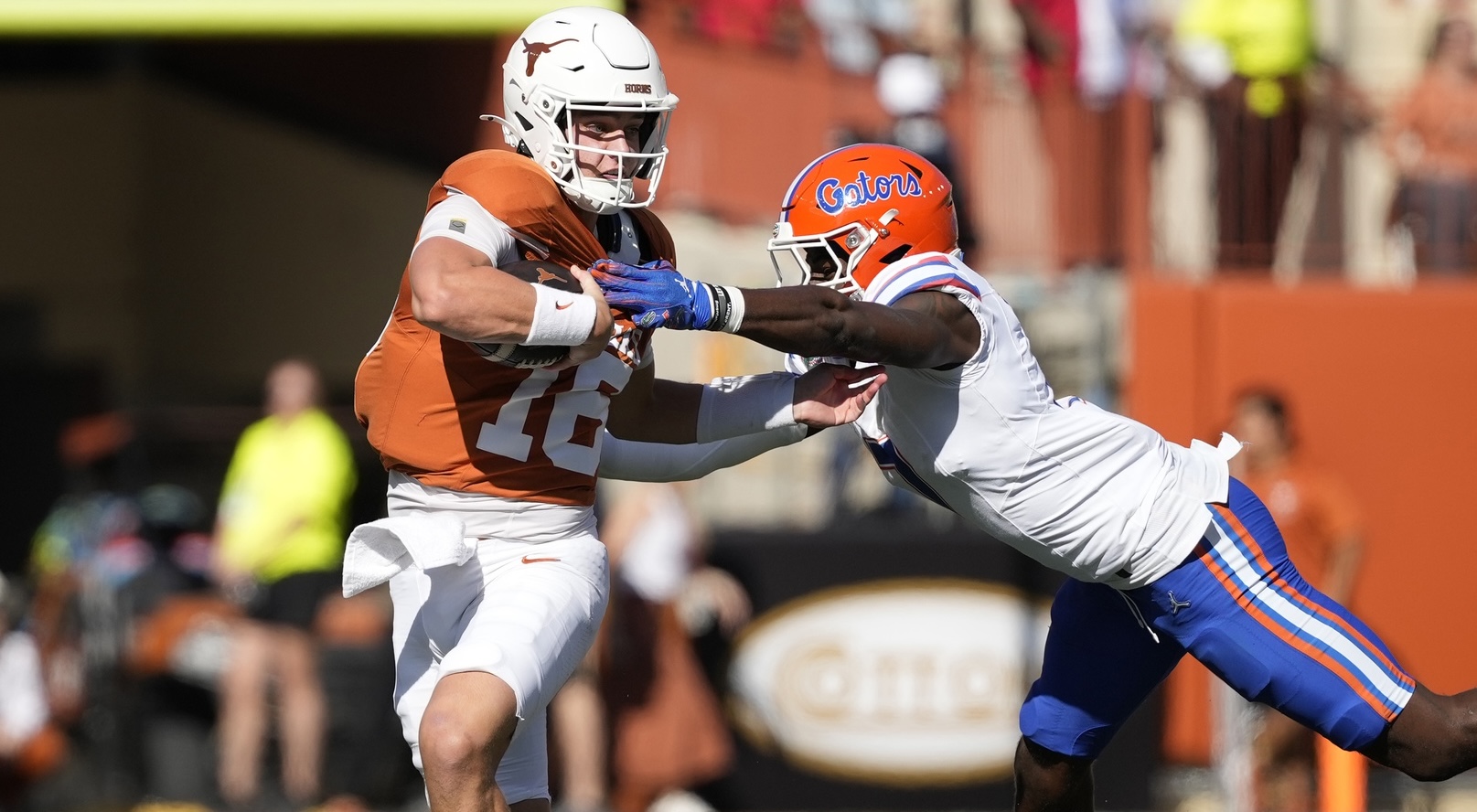
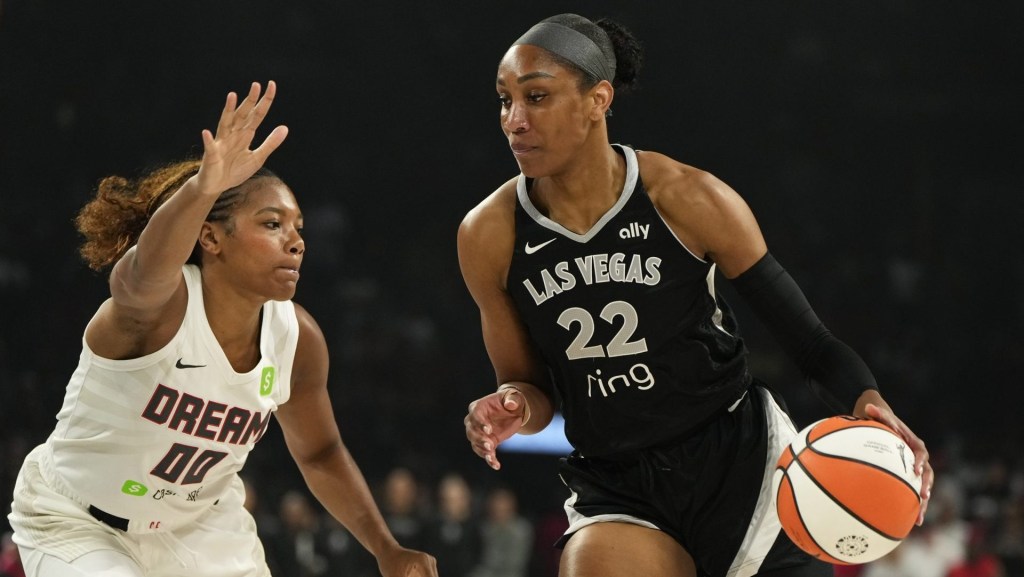
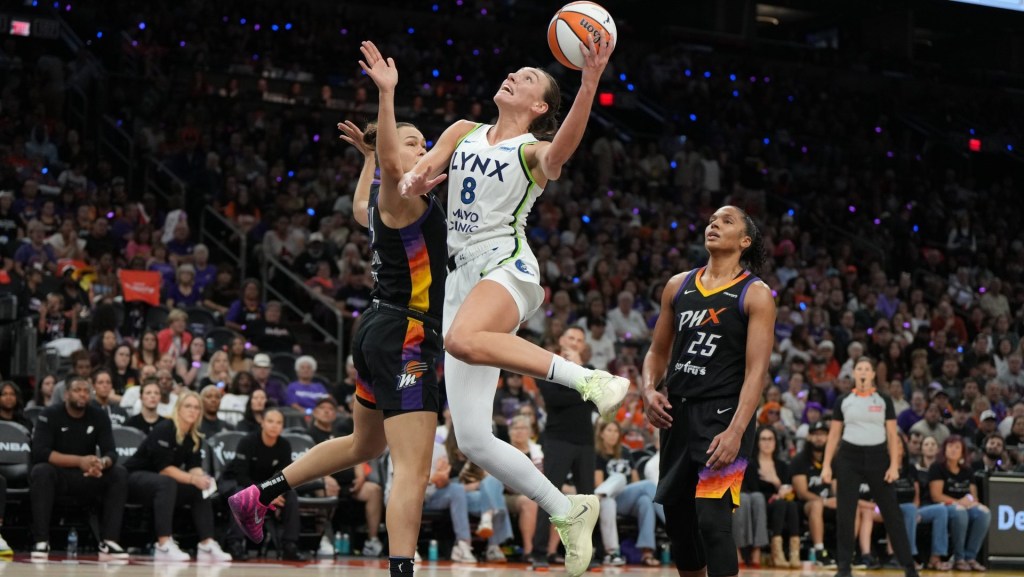
![[Subscription Customers Only] Jul 13, 2025; East Rutherford, New Jersey, USA; Chelsea FC midfielder Cole Palmer (10) celebrates winning the final of the 2025 FIFA Club World Cup at MetLife Stadium](https://frontofficesports.com/wp-content/uploads/2026/02/USATSI_26636703-scaled-e1770932227605.jpg?quality=100&w=1024)






